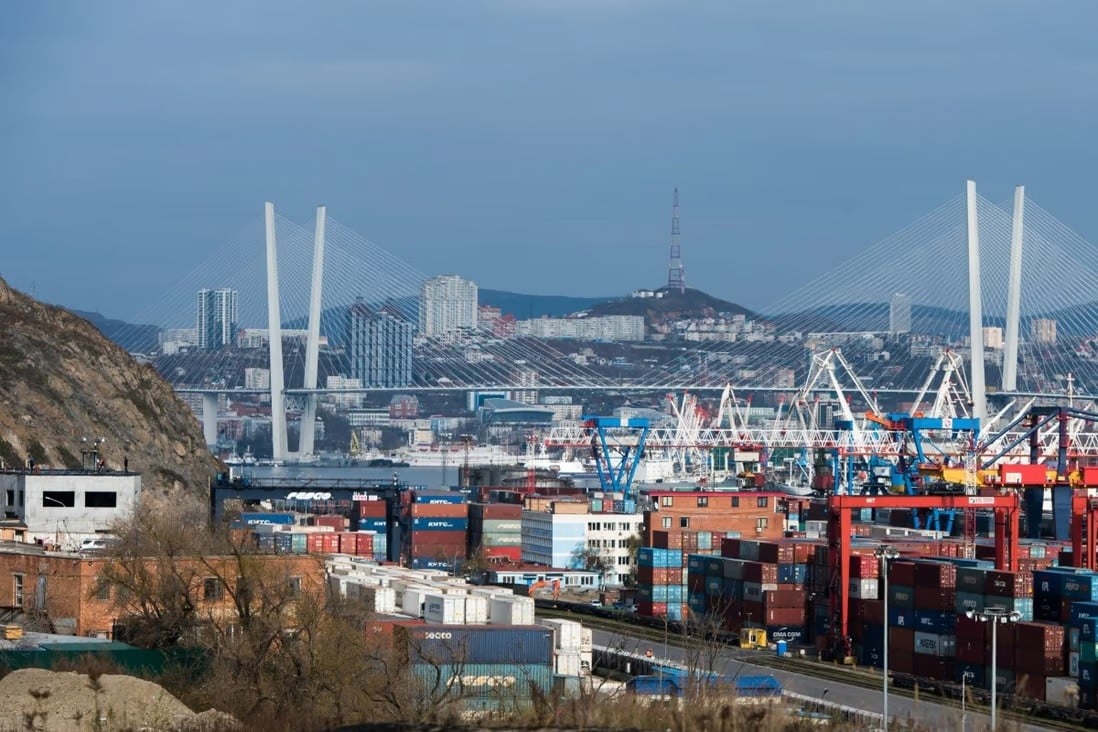 |
| China's economic recovery remains a bumpy road. (Source: Shutterstock) |
The Chinese government is stepping up a series of measures to boost the economy. Leaders pledged to “timely adjust and optimize policies” for the struggling property sector, while promoting stable employment toward a strategic goal. The Politburo also announced commitments to boost domestic demand and address local debt risks.
China's top 24 leaders also said they would implement a "counter-cyclical" policy and mainly follow a prudent monetary policy and a proactive fiscal policy.
Three shocks
On July 25, Xinhua quoted a report from a meeting of the Chinese Politburo chaired by President Xi Jinping saying that the world's second largest economy is facing many new challenges, mainly due to declining domestic demand, difficulties in the operations of many businesses, hidden risks in key sectors and a complex environment abroad.
Chinese officials say the transition from the Covid-19 pandemic prevention phase to normalcy has been smooth, but economic recovery remains a thorny process.
China's gross domestic product (GDP) grew 6.3% in the second quarter of 2023, lower than market expectations of a 7.3% increase.
On a quarterly basis, economic output grew 0.8%, slower than the 2.2% increase recorded in the first three months of the year. Meanwhile, the youth unemployment rate hit a record high of 21.3% in June 2023.
Meanwhile, fixed asset investment rose just 0.4% in June 2023 from May, due to weakness in the real estate sector. Industrial output rose 0.7%.
The Chinese Communist Party has set a growth target of 5% for 2023, lower than usual and quite modest for a country whose GDP has averaged 9% annual growth since opening up its economy in 1978.
"The country's leadership is clearly concerned," said Julian Evans-Pritchard, head of China economics at Capital Economics.
According to Mr. Rory Green, head of China and Asia research at TS Lombard Bank, the Chinese economy is still suffering from three shocks at the same time, including the post-Covid-19, the ailing real estate sector and a series of regulatory changes related to the vision of "shared prosperity".
TS Lombard predicts that the world’s second-largest economy will stabilize by the end of 2023. However, the economy is entering a long-term period of economic restructuring, although it is not yet a Japan-style “stagflation” scenario. Beijing is likely to achieve average annual GDP growth of closer to 4% due to these structural headwinds.
China remains the world’s largest consumer market, but slowing growth could make the country “a little less attractive” to foreign companies, Rory Green said, and accelerate the country’s decoupling from the West in terms of investment and production flows.
New version
As China restructures its economy to reduce its dependence on the real estate sector, the global economy will feel the most immediate spillover effects.
China’s post-Covid-19 economic recovery has been different from that of other major economies. In the US and Europe, consumption has surged after reopening thanks to massive government support packages during the pandemic. Unemployment has fallen, inflation has soared, partly due to the impact of the Russia-Ukraine war, pushing up global commodity prices.
In China, on the other hand, inflation in June 2023 was 0%. This inflation rate is even weaker than in Japan - a country that has been considered a typical example of stagnant economic growth and deflation for many years.
The world’s second-largest economy plays a vital role in jobs and manufacturing in many countries around the world, as Beijing is both a major market and the world’s “factory.”
The International Monetary Fund (IMF) also predicted that China will be the country contributing the most to global economic growth in the next 5 years, with a proportion of 22.6% in world growth, twice as high as the proportion of the US.
The reorientation of the economy away from real estate and toward more advanced manufacturing is evident in Beijing’s push into electric vehicles, which could see the country overtake Japan as the world’s largest auto exporter as early as this year, according to Rory Green.
“While it remains unclear how Chinese households, the private sector and state-owned enterprises will adapt to the transition from the aforementioned model, China is now at a pivotal point,” he asserted.
The political economy is changing, partly by design, but also partly because the real estate sector is weakening, so the world's second largest economy has to change and a new development model will emerge. It will be a new version of the Chinese economy, slower, but a version with new dynamics and new characteristics."
Source


![[Photo] Readers line up to visit the photo exhibition and receive a special publication commemorating the 135th birthday of President Ho Chi Minh at Nhan Dan Newspaper](https://vphoto.vietnam.vn/thumb/1200x675/vietnam/resource/IMAGE/2025/5/17/85b3197fc6bd43e6a9ee4db15101005b)




![[Photo] Nearly 3,000 students moved by stories about soldiers](https://vphoto.vietnam.vn/thumb/1200x675/vietnam/resource/IMAGE/2025/5/17/21da57c8241e42438b423eaa37215e0e)







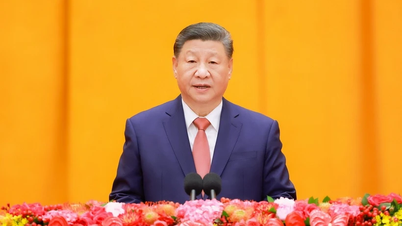

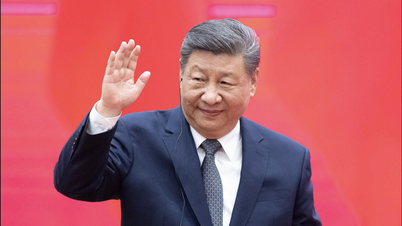

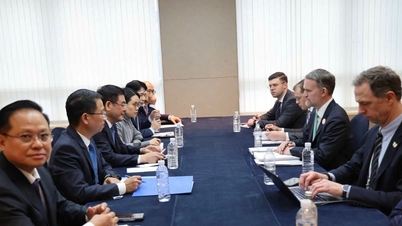

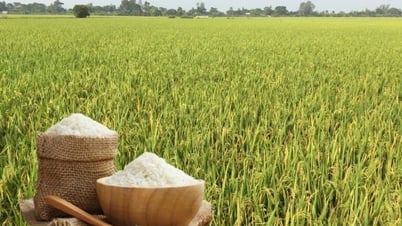











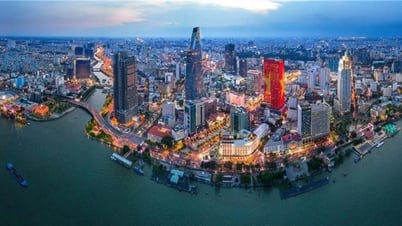







































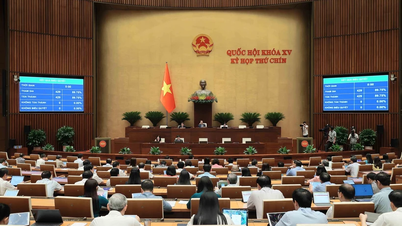









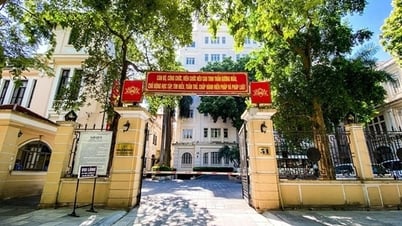

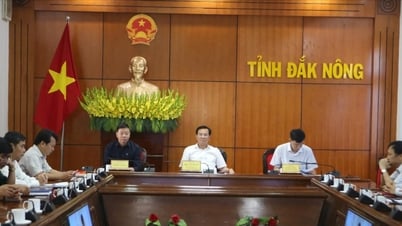




















Comment (0)